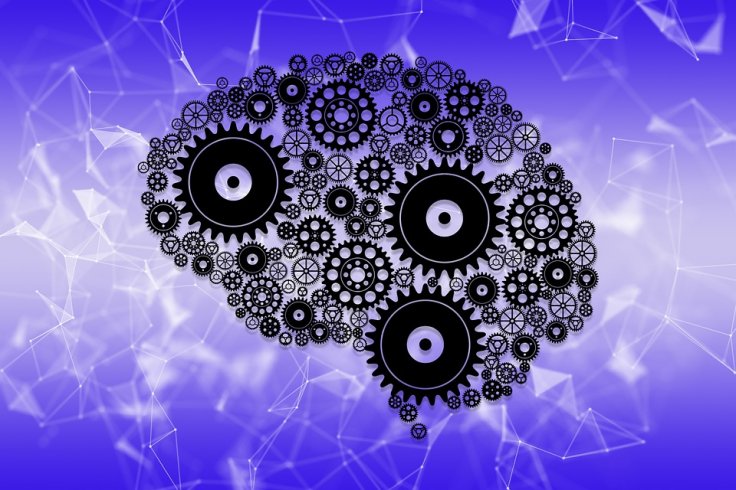The brain can be 'teleported' by pointing the lasers beams at it, a study has stated. Neuroscientists at the University College London have been conducting experiments on mice in an attempt to find out more about the 'hidden workings of memory' and how the 'inner GPS' of a person works.
The study that was published in the journal Cell, explained the laser beams could be directed into the hippocampus, which is the area responsible for memory and learning to stimulate the neurons named 'place cells'. The cells get active when a sentient being like an animal or a human gets entry into a new environment and stores the location in the memory, as reported by the Daily Telegraph.
Brain 'Teleport' With Help of Lasers

The scientists decided to keep the mice in one location and give them a reward of sugar water. The creatures were then taken somewhere else and the laser beams got used for activating the place cells that were storing the memory of the first location. The researchers were able to reactivate the memory of the location when the mice were given a reward that saw the creatures 'mentally teleported' back to the first location.
The research revealed that the mice tried to find the sugar water as they thought they were in the first location and not the second. The results give a deeper idea of how memories are stored and the UCL scientists believe the discoveries can eventually help us develop new therapies for conditions like dementia and Alzheimer's disease, which affect memory.
The first author Dr. Nick Robinson from the UCL Wolfson Institute for Biomedical Research stated, "These results provide direct causal evidence that mice use the information represented by place cell activity to guide their behavior. In other words, place cells really do tell the mouse where it is, and mice actually 'listen' to their place cells when they make decisions. This provides new insights about how memories are stored in the brain, as well as new tools for manipulating these memories to influence behavior."
He also said that the disorders of memory like dementia and Alzheimer's represent a major cost to society. This work can lead to a much better understanding of the diseases, he added. The senior author Professor Michael Hausser from UCL Wolfson Institute for Biomedical Research said, "This study is a game-changer as it shows that we can use optical reading and writing of activity in specific neurons to manipulate memories, allowing us to better understand – and potentially improve – how neural circuit activity helps us to make decisions."









